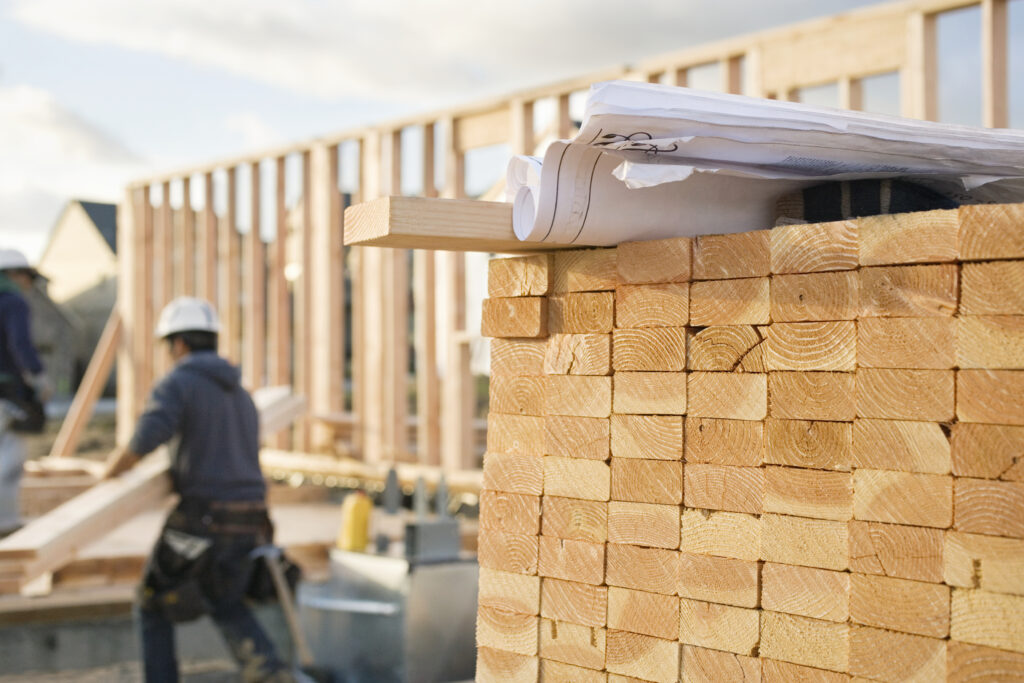With inflation being a primary cause of the surge in construction material prices, contractors have put a strain on the supply and demand chain by hoarding necessary building materials to meet their business schedules. This, in turn, causes rising construction costs that affect the claims process in the event of a loss. According to the Bureau of Labor Statistics, construction material prices were up by 25% in 2021. According to the National Association of Home Builders, building materials prices increased 20.4% year over year and have risen by 33% since the start of the COVID-19 pandemic. But this is just the tip of the iceberg. The price index of services inputs to residential construction registered even steeper increases, rising 3.2% in March, 5.1% in February, and 6.2% in January.
No property owner, especially a rental owner, wants to delay property repairs. Delayed construction can agitate existing tenants (who have to consent to the construction crew in their home), extend the time a unit stays vacant, or turn a small repair into a larger, more expensive issue. Even if construction or repairs are done in a timely manner, the quality of the materials used might not match the price tag you’re paying for it. For example, imagine the back deck of the rental property needs to be repaired or replaced due to wood rotting. With repairs being so severely impacted by rising lumber costs, the structural integrity of the deck, as well as the value of the house could ultimately be affected by the shortage in materials of comparable quality.
The National Association of Home Builders has seen the same issues. In their article, they stated, “the rising cost of building materials is harming housing affordability as the cost and limited supplies of softwood lumber, steel, aluminum, and other imported materials and equipment exacerbate price volatility and drive up housing costs. The rising supply costs are exacerbated by the uncertainty of when supplies will be available to complete the home in a timely manner and whether the homes will appraise at the correct price to reflect these rising costs.”
In the rental housing industry, we’re no strangers to increased costs and regulations. Surviving the pandemic? No problem. But inflated building costs, increased timelines to complete construction, and the question of accurate property appraising in the next few years is troubling. Whether a result of the housing bubble bursting or any other plausible scenario, house price growth could flatline to zero in 2023 as mortgage approvals and remortgages start to fall back to where they were pre-pandemic.
The market force continues to suggest that if the resources are already allocated for you to build, you should go ahead and do so now, as interest rates and costs will only continue to increase. When it comes to ensuring the safety and security of your rental property investment, they say there’s no time like the present. You’ll just need to adjust your timeline and budget to accommodate for inflation.
Below is a list of resources regarding safeguarding your asset and investment ahead of time:






